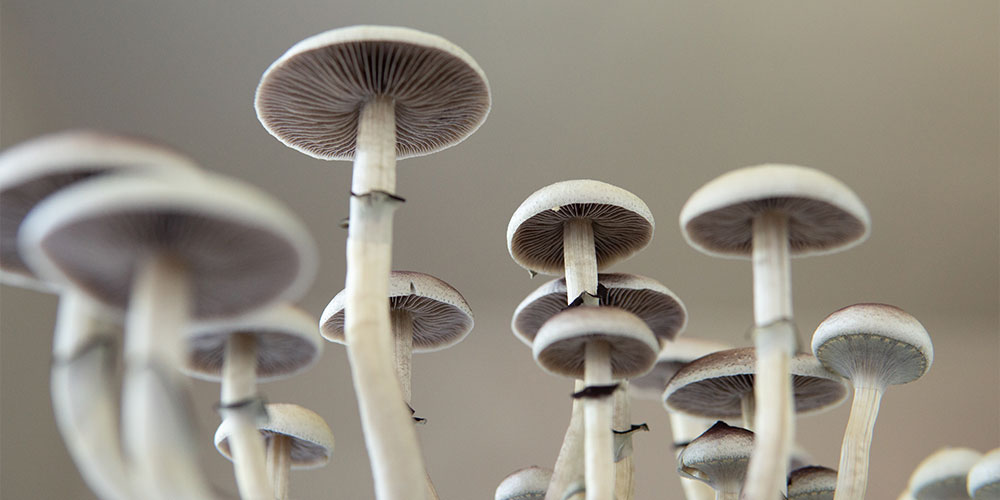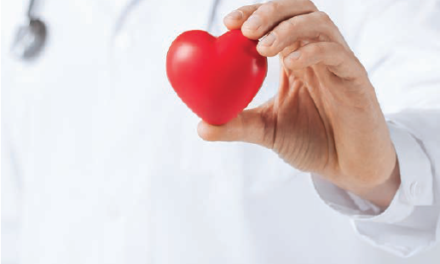By Jessica Shea, LCSW
In recent years, a remarkable resurgence of interest in psychedelic medicine has captivated the world of healing and well-being. These substances, used by humans for at least 3000 years, once associated with religious ceremonies and counterculture movements, are now recognized for their profound potential in addressing mental health conditions. This article serves as a guide to the transformative world of psychedelic medicine, exploring its effects on the brain, the distinction between micro-dosing and heroic dosing, current research findings, legal status, how you can learn more, and how you can receive psychedelic-assisted therapy here in Memphis or by traveling to other states.
Understanding Psychedelic Medicine
Psychedelic medicine encompasses substances like psilocybin (magic mushrooms), LSD, MDMA, ketamine/esketamine, ibogaine, DMT, Ayahuasca, and 5MAO DMT. These powerful substances have shown promise in addressing depression, anxiety, PTSD, and addiction. Through their interaction with brain receptors, such as the serotonin 2A receptor, they induce altered states of consciousness and trigger profound healing experiences.
Microdosing vs. Heroic Dosing
Microdosing involves taking small, sub-perceptual doses of psychedelics to enhance cognitive function, creativity, and overall well-being. It offers subtle shifts in perception without hallucinatory effects. Heroic dosing involves higher doses taken in controlled environments with professional guidance. It leads to intense and profound experiences, offering the opportunity for deep emotional and spiritual exploration.
The Healing Power of Psychedelics on the Brain
Psychedelics have the potential to promote neurogenesis, the birth of new neurons in the brain. Substances like psilocybin and LSD may stimulate the growth of neural connections, enhancing neural plasticity and facilitating healing from past traumas. Imagine the profound impact as your brain rewires itself, forging new pathways toward healing and personal growth.
Current Research and Findings
Research on psychedelic medicine has gained significant momentum, with promising results in treating depression, anxiety, PTSD, and addiction. These substances increase neuroplasticity, enhance emotional processing, and provide new perspectives. Exciting breakthroughs continue to emerge, highlighting the potential of psychedelics as transformative tools for mental health.
Legal Status of Psychedelic Medicine
The legal landscape surrounding psychedelic substances varies across jurisdictions. While some countries and states still classify them as illegal, many states like Colorado, Oregon, Washington, D.C., and Michigan are undertaking efforts to decriminalize or legalize their therapeutic use. It is essential to stay informed about the legal status in your region and seek professional guidance when considering the use of psychedelic medicine. Currently, in Tennessee, ketamine and esketamine are legal and approved by the FDA for use with clients suffering from Treatment Resistant Depression or suicidal ideation.
Psychedelic medicine holds immense promise for healing and personal growth. From micro-dosing to heroic dosing, these substances provide unique pathways to address mental health conditions and facilitate transformative experiences. With ongoing research, the potential of psychedelics continues to unfold. It is crucial to stay informed about the legal status and seek professional guidance, ensuring safe and responsible exploration. As you embark on your journey toward healing and growth, consider plant medicine and the transformative power of psychedelic medicine in unlocking a world of healing, self-discovery, and emotional liberation.
Jessica Shea, LCSW, is a licensed clinical therapist who founded and works at Forward Counseling. If you struggle with treatment-resistant depression or suicidal ideation, you can receive therapy services by visiting Forwardcounseling.com/spravato







